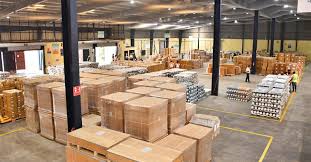
The logistics and transportation industry has traditionally been male-dominated due to its unorganised nature. As such, the logistics sector has never been an attractive career option for women despite being able to deal with complex and challenging situations. Even today, very few women have risen to the ranks and have done exemplary work in this industry. However, with technology adoption in operations, which are quite complex, we find more women showing interest in logistics.
While very few women are keen to take up sales operations in this industry, they are at the forefront when it comes to managing the supply chain. If we see the entire logistics ecosystem, we will find women in complex operations, from customs clearance to cargo operations to inventory management at the warehouse level, et al.
The increase in technology adoption has made it easy for women to join the logistics ecosystem. If we look at the D2C and B2C segments today, women are also part of the last-mile delivery. Initiatives like gender parity and inclusion have significantly brought women into the mainstream logistics sector. However, a lot needs to be done to get the right talent into the industry.
While striving for inclusion is one way to bring more women into the mainstream, there is a need for organisations and educational institutions to train women for the complex roles in this sector. Once we build that confidence among women to take up all types of roles in the logistics ecosystem, we will see many women proactively becoming a part of this sector.
Today, the disruptions we are witnessing in the logistics and supply chain ecosystem will require a large pool of talent to efficiently run the businesses. Hence, it is time to realise that we need to look beyond gender and have an efficient workforce.











